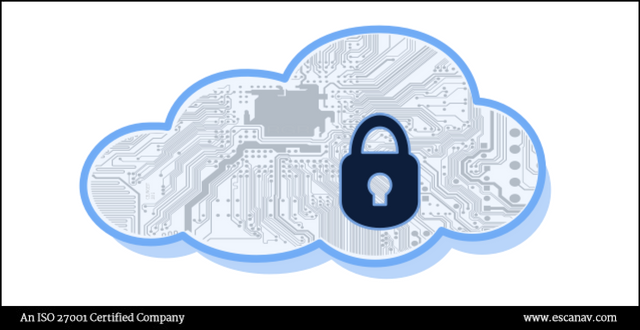The world has come a long way since the invention of computers decades back. Today virtually we live everyday breathing technology, like oxygen for the body. In recent times technology has almost made our lives totally dependent on our everyday work, be it personal or professional. However, this trend is irreversible and we will further get sucked to the technological storm evolving around us. From as small things as bill payments to air ticket booking to ordering groceries online, we do everything using one or the other technology trends.
Businesses have now been designed to adopt technology to address these growing demands of consumers be it support, service or sales. Businesses today are run on technology as a backbone to withstand the pressures of time to demands of consumer expectations. Consumer-facing companies are more so, as their business models demand that they be at the cutting edge of technology to live up to the expectation of consumers for their own survival. Having said that, as the technology further evolves to provide driverless cars to drones and nanotechnology-based medicines reaching cell level treatments, the businesses need to reinvent themselves to stay relevant.
At the center though remains one of the key points, where every data of the individual to business starts floating around the interconnected world is security and privacy. As technology evolves, so are the threat levels for these critical data. As we embrace digital India to smart city projects to drive economy and growth of the country and provide well-orchestrated systems of delivery for services by the government, financial, healthcare, education to transportation for the citizens, it becomes crucial the sensitive and critical data of every citizen is in safe keep and protected round the clock.
Cybercriminals too are on the prowl with the technology changes and are known to adopt technology faster than the users. Hence, it is imperative that security plays a critical and central role for every technology adoption or be the cornerstone of every business or digital architecture. In the recent past, there has been an increase of more than 74% in ransomware attacks, targeted attacks are also seen manifold in their growth to sabotage or threated infrastructure companies to espionage. Similarly, the growth in DDoS and APT attacks in the recent past has cost billions of dollars loss.
The technology of SMAC (Social, Mobile, Analytics, and Cloud) is now further fueling the integration of various medium to provide seamless services, be it the pizza you want to order or you would like to buy that expensive car you have been planning, you can be tracked at every step from your earning, spending to where you live to where you travel. This opens up new avenues of specifically targeted cyber-attacks. Similarly, for business having higher financial or consumer data dependence too are victims of cyber-attacks, though rarely reported due to fear of loss of reputation and confidence of consumers, it is been growing rampantly. Recent cases of adoption of wallets and mobile payments have fallen victim to such attacks.
These trends of technology and its interdependence by users and businesses are slowly creating an ecosystem, which if not taken seriously to safeguard the critical data and information, could create catastrophe by business going bust or individuals losing the life savings.
In the backdrop, there is one critical missing link, which are strong cyber laws and policies and access to data residing in international servers or datacenters. The government needs to initiate quick redressal of cyber complaints or have adequate and relevant cyber laws to detract any untoward incidents or loss of financial or reputation. This also needs to be made aware of the vast segment of fast-growing users, who mostly are neither aware of the pitfalls nor have taken proactive protection to stay safe in case of cyber-attacks.
To conclude a large part of the problem of recent data leaks is due to the lack of awareness in the country of cybersecurity and consuming technology. This could slow down the Make in India and Digital India initiatives by the Government. There is a need to have the requisite skills to inspect and prevent hidden malware, Trojans, backdoors, and flaws.







